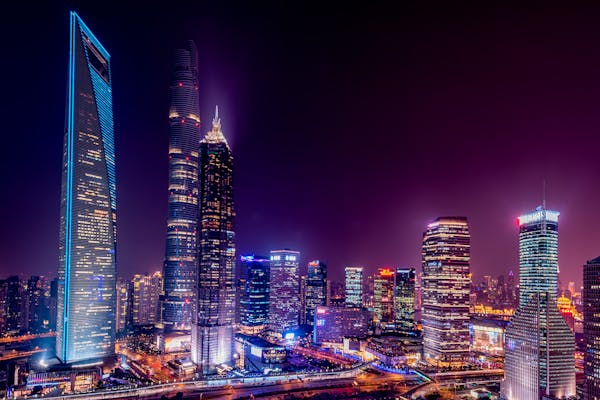As urban populations continue to grow, cities around the world are evolving to meet the demands of modern life. From sustainable housing solutions to innovative public transportation, urban planning is transforming to create more efficient, livable spaces.
Advancements in technology are shaping the way cities function. From AI-driven traffic management to automated waste disposal, smart cities are incorporating digital solutions to improve efficiency. High-speed internet connectivity and smart infrastructure allow urban areas to optimize resource distribution and enhance the quality of life for residents.
Environmental concerns are pushing cities to adopt sustainable initiatives. Eco-friendly buildings, renewable energy sources, and waste-reduction programs are becoming standard practices. Additionally, the integration of green spaces, such as rooftop gardens and urban parks, helps mitigate pollution and enhances mental well-being for city dwellers.
As housing prices soar, governments and developers are seeking solutions to improve affordability. Mixed-use developments, co-living spaces, and prefabricated housing are gaining popularity to address housing shortages. Meanwhile, expansion into suburban and satellite cities offers new opportunities for residential growth without overcrowding metropolitan centers.
A reliable transportation system is crucial to urban success. Cities are prioritizing investments in high-speed rail networks, electric buses, and bike-sharing programs to reduce traffic congestion and minimize environmental impact. In response to evolving commuter preferences, some cities are implementing flexible transit schedules and ride-sharing partnerships to improve accessibility.
The rise of remote work is reshaping the way cities function. With fewer people commuting daily, commercial districts are being redesigned to support a hybrid work environment. More coworking spaces, digital hubs, and decentralized office locations are emerging to accommodate businesses and employees seeking flexibility.
Urban living is rapidly transforming as cities respond to environmental, economic, and technological shifts. By embracing smart infrastructure, sustainability, and modern workforce trends, city planners are shaping dynamic, resilient spaces for the future. As cities continue to adapt, residents can look forward to a more connected and efficient way of life.




